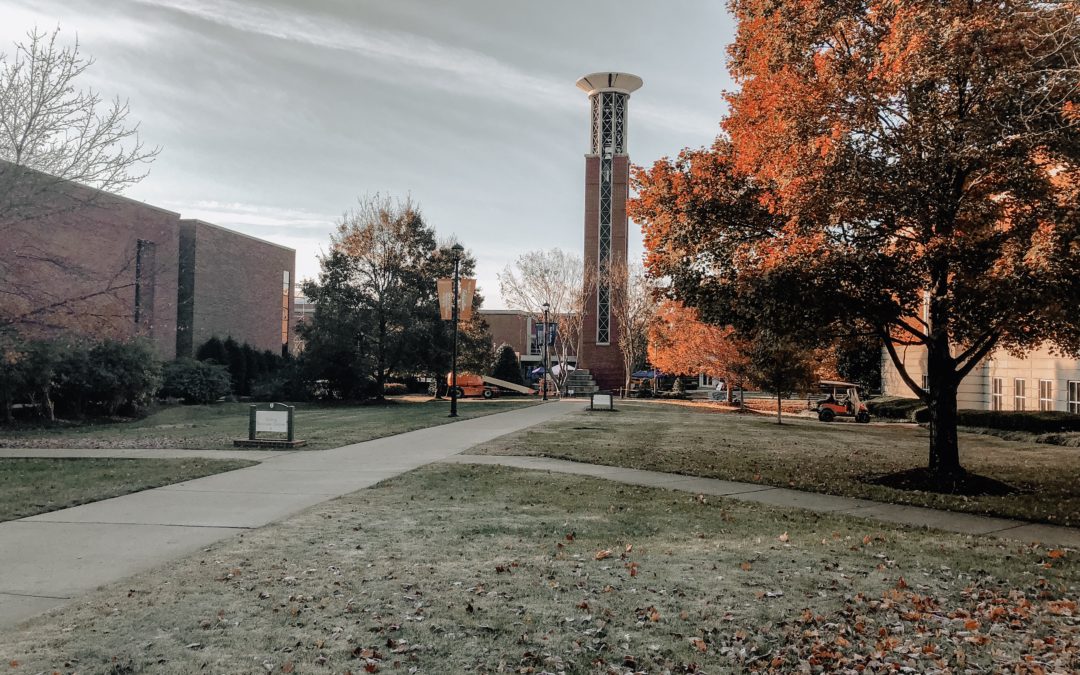Enrollment at Lipscomb was down about 3% in traditional undergraduate students for the fall, though Lipscomb had a record number of graduate students and transfer students.
“The decline can be attributed to the growing competition in Nashville (more than 70 colleges currently recruit here), a larger than normal graduating class in the spring and frankly, our need to have more competitive housing for freshmen women,” President Randy Lowry in an email to faculty. “The traditional undergraduate demographic is the demographic that will be most challenging in the future and apparently, the future is now.”
While there are few things changing, the university still must compensate for a loss in tuition money.
“Since we are a school that is largely tuition-dependent, this year’s enrollment will necessitate some deliberate budget management in order for us to strategically and efficiently steward our resources,” Lowry wrote.
Lipscomb will not provide a mid-year compensation increase this year as it has done the past two years, and there will be some adjustments to this year’s operating budget.
“At the same time, as I announced, this is a manageable circumstance and it will ultimately make us a stronger institution by preparing early for additional challenges that will come our way,” Lowry wrote. “In this note, I want to clearly communicate the plan we are calling, ‘Lipscomb Forward.’”
The plan proposes that discretionary expenditures will be eliminated as well as a contingency fund be allocated to create additional revenue.
“In order to balance the budget at the end of the fiscal year (May 31), we will manage expenditures to spend less than we had planned,” Lowry said. “That will primarily be covered by eliminating some discretionary expenditures, allocating a contingency fund included in the budget, allocating appropriate gifts and generating additional revenue. Please keep in mind, that even with some spending limitations, we will still spend more than $180 million to walk out our work and ensure that both students and employees are treated very well this year.”
There are no job cuts anticipated, but there have been new retirement incentives offered.
“I do not anticipate any substantial layoff of employees but, as is done each year, the need for all faculty and staff positions will be evaluated,” he said.
“Also, during the recent meeting, I referred to the intention to offer another early retirement incentive program. Many of you are aware that on two other occasions during the past 15 years the university was able to offer an incentivized retirement program. It will recognize the fine work of long-term faculty and staff. I anticipate that it will be formally announced by January and eligible employees will have about 45 days to consider that option,” Lowry said.
The university will not rehire for some of the retired positions this semester, but instead, rehire in the fall semester.
“In a few cases, positions will be changed, eliminated or not filled after a retirement,” Lowry said.“Such decisions will be made related to the demand in the markets that we serve, the most efficient organization of the university and the productivity of particular employees. I would imagine that such will be the case with 20-30 positions as this year unfolds.”
Lipscomb currently has about 875 full-time employees.
“I anticipate that 10-20 new full-time hires will be made by next fall. But, again, each position for which a hire might be made will be closely evaluated for its need and contribution to the university’s work, as is our practice,” Lowry said.
He attributed part of the decline in enrollment to Tennessee’s ”free” college. Tennessee “free” college allows more students to transfer to Lipscomb from community colleges and go to school free for two years before attending a larger university.
“The challenges to higher education are substantial and we, as a community, must navigate these unknown waters in a courageous and nimble way,” he wrote. “Faced with declining student demographics, tremendous competition from many fine institutions, ‘free’ college in Tennessee at community colleges and the University of Tennessee, increased national concern about college costs and student debt as well as a society that may be less committed to faith-based education, we have our work cut out for us.
“Yet, we also are in a position of strength as we encounter the future. Central to our success will be a very talented faculty, the dedicated staff, an engaged and strategic board of trustees, a tremendous track record of growth—even through the recession—an expanding reputation, a very significant financial investment by our supporters and our location in the vibrant city of Nashville. There are schools much like ours throughout the country that long for even some of those attributes. But above all, we have a compelling mission that seeks not just to educate but to transform students for their lives of leadership and service!
“Together, we can sustain our mission far into the future. Together we can face the challenges that confront our ‘industry’ and counter them. Together, we can embrace our work, reaching into the lives of students in profound ways. Together, we can be ‘Lipscomb Forward!’”

